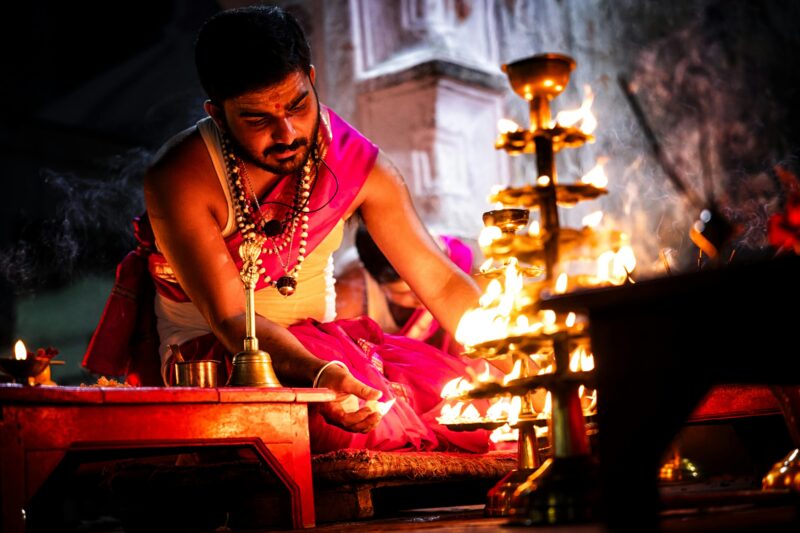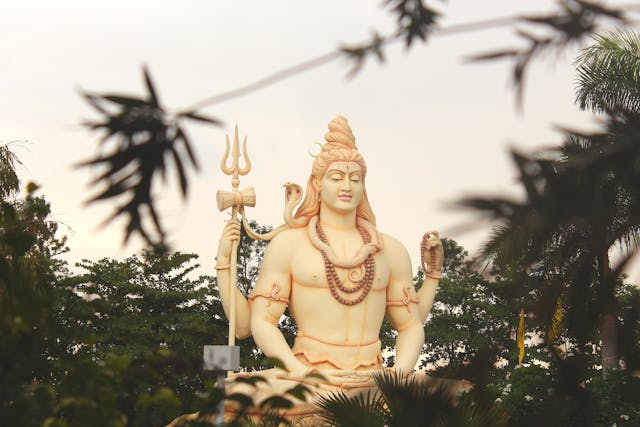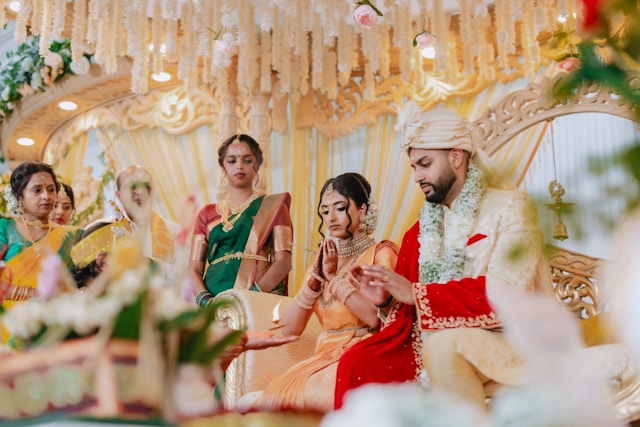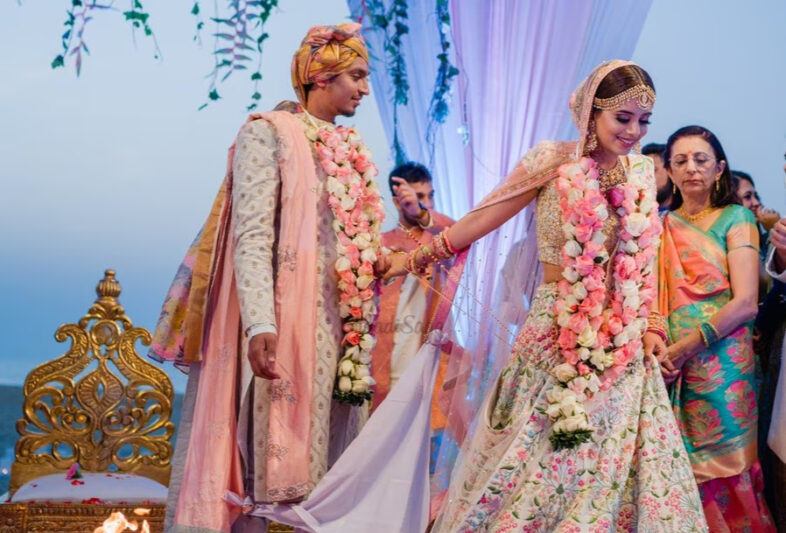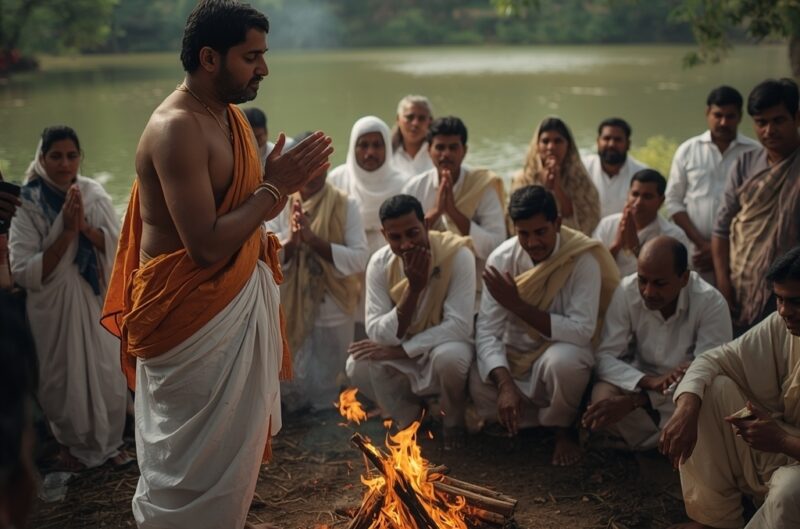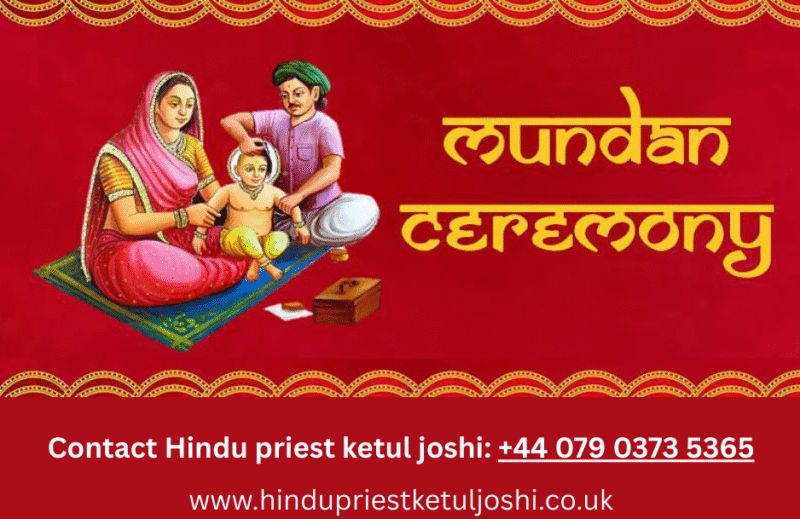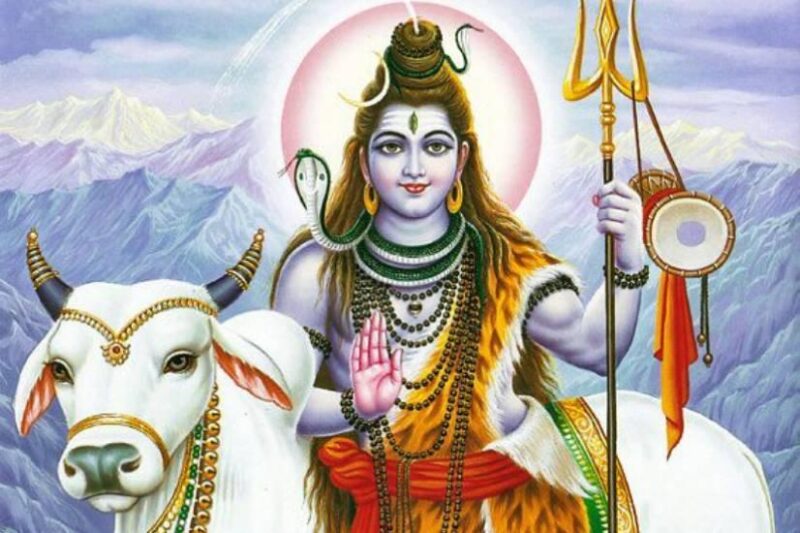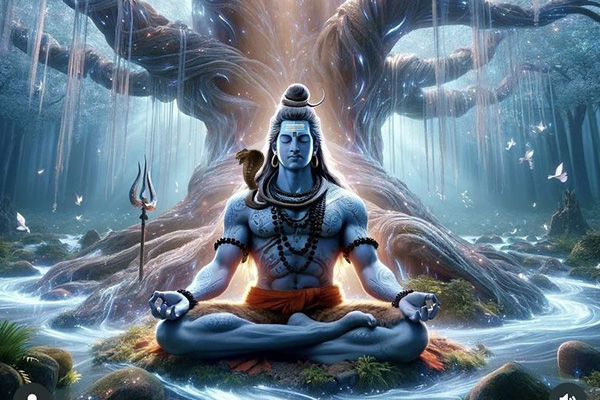Hinduism

Hinduism is the third largest religion in the world. It is estimated to have nearly a billion followers. Unlike other religions, It has no founder and no common creed or doctrine. Most prevalent among Asian Indians, the religion teaches that God is within each being and object in the universe and also transcends every being and object. It teaches that the essence of each soul is divine; and that the purpose of life is to become aware of that divine essence.
Hinduism is the third largest religion in the world. It is estimated to have nearly a billion followers. Unlike other religions, It has no founder and no common creed or doctrine. Most prevalent among Asian Indians, the religion teaches that God is within each being and object in the universe and also transcends every being and object. It teaches that the essence of each soul is divine; and that the purpose of life is to become aware of that divine essence. As per Hindu religion, The whole world is under the gods and the gods are under the mantras and the mantras are under the Hindu priest. This is also a major reason why a Hindu priest is considered a deity.
How and when did Hinduism begin?
While there is no shortage of historical scholars, sages, and teachers in Hinduism, there is no historical founder of the religion as a whole, no figure comparable to Jesus, the Buddha, Abraham, or Muhammad. As a consequence, there is no firm date of origin for Hinduism, either. The earliest known sacred texts of Hinduism, the Vedas, date back to at least 3000 BCE, but some date them back even further, to 8000-6000 BCE; and some Hindus themselves believe these texts to be of divine origin, and therefore timeless.
There is no single, authoritative text in Hinduism that functions like the Bible for Christians or the Qur’an for Muslims. Instead, there are several different collections of texts. The Vedas are the oldest Hindu sacred texts and have the most wide-ranging authority. They are believed to have been written anywhere from 1800 to 1200 BCE. The Upanishads describe a more philosophical and theoretical approach to the practice of Hinduism and were written roughly between 800 and 400 BCE, around the same time that the Buddha lived and taught. The Mahabharata is the longest epic poem in the world, the most well-known portion of which is the Bhagavad-Gita, which is perhaps the best-known and widely cited book in all of Hinduism; the Ramayana is the other most important epic poem in Hinduism.
It is related to all the major continuing and connected religions of India. About 80 percent of India’s massive population regard themselves as Hindu, and there are approximately 30 million Hindus outside of India.
Role of the priest for Hinduism in the UK
Hindu priest is the heart of Hinduism. Within the UK, trained priests were originally brought in from India, but certain organizations and sampradayas now train their priests locally. Traditionally many priests were learned and hence called “pandit.” They were expected to be knowledgeable in scripture and Sanskrit. They perform many Hindu rituals and Hindu puja as per people’s occasions. Ketulbhai Joshi is such a type of Hindu pandit in the Uk who is such a good priest for all this.
Hindu priest is a way of living with self-esteem, Hindu priest is a unique and indelible part of creation. Hindu priest Vikral is the art of drinking halal, Hindu pandit has grown up by overcoming difficult struggles. Hindu priest is the light of knowledge, devotion, renunciation, all-purpose, Hindu priest is the sky of power, skill, manliness. A Hindu Pandit is neither a person bound by religion nor caste, Hindu priest is the real God in human form.
A Hindu priest performs worship services (generally referred to as puja) which include ceremonies and rituals. Typical Hindu rituals and ceremonies may include daily deity worship (ie. Archana, homa, or aarti), special deity celebrations.
